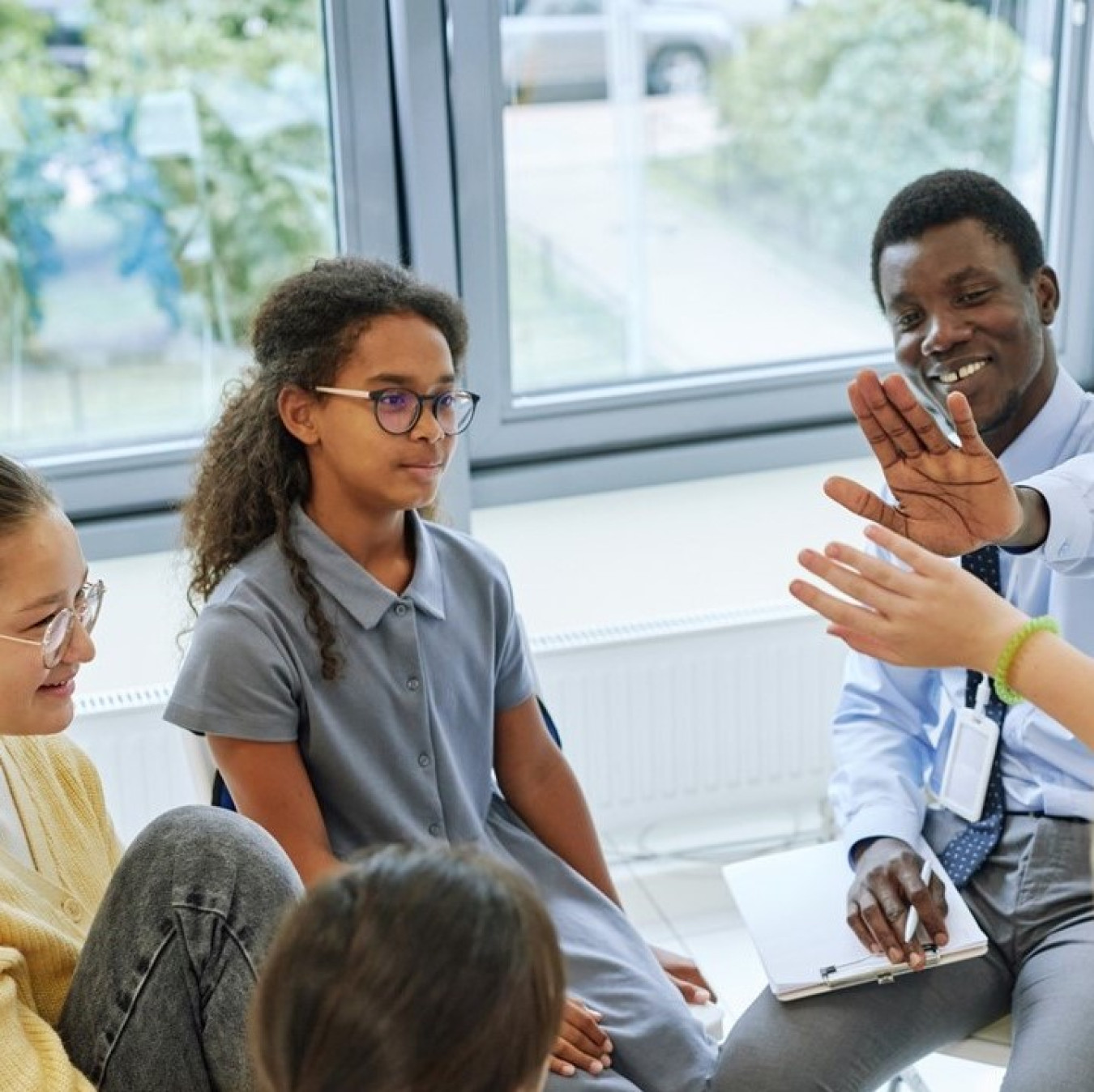Children and Young People's Mental Health

What does the Children and Young People's Mental Health online course cover?
It starts by defining mental illness and mental health problems and their impact on children and young people.
There's extensive coverage of the many types of mental illnesses found in this group, and how they can be recognised and treated.
We'll look at attention deficit hyperactivity disorder, depression and self-harm - along with eating disorders, including anorexia, bulimia and binge eating.
Other mental illnesses covered include schizophrenia, autism, learning difficulties, post-traumatic stress disorder, along with bipolar disorder, panic disorder, sleep apnoea and social phobia.
You'll learn about symptoms and causes - and the actions to take if you suspect someone has a mental health condition.
We'll discuss the role of mental healthcare professionals, such as a psychologists, psychiatrists, psychiatric nurses or clinical social workers - and show how parents can become involved.
Treatments covered include psychotherapy, mindfulness, play therapy, cognitive behavioural therapy and medication. We'll deal with prognosis and prevention – and show how to promote positive mental health and dispel common myths.
Finally, you'll learn practical techniques to help you talk to children or young people about their mental health.
Learning Objectives
By the end of this course, you will be able to:
- Define Mental Health and its impact in Children and Young People.
- Learn about the common Mental Health issues found in Children and Young People.
- Recognise the signs and symptoms found in Children and Young peoples and recognise the causes and risk factors involved.
- Understand the treatment and support available and understand the long-term outcomes of Mental Health issues in Children and Young People.
Target Audience
This course is aimed at teachers and youth workers who may work with children who exhibit signs of mental health issues.
Advantages
The course will provide candidates with an awareness of the signs and symptoms of a wide range of conditions and better prepare them to listen to and support young people.
Online training is flexible, efficient and cost effective meaning the candidate can progress through the modules at their own pace and in their own time, so they can fit the training in around their work and personal life.
Further Progression
We have a range of courses focusing on mental health awareness that would complement this one well, these include Mental Health First Aid and Depression Awareness.
Course Modules
Recommended system requirements
- Operating System: Windows 7+ or Mac OSX (10.8+)
- Browser: A modern and up to date web browser
- Video: Up to date video drivers
- Memory: 1 Gb+ RAM
- Additional Software: Flash Player (latest version)
- Download Speed: Broadband (3Mb+)


